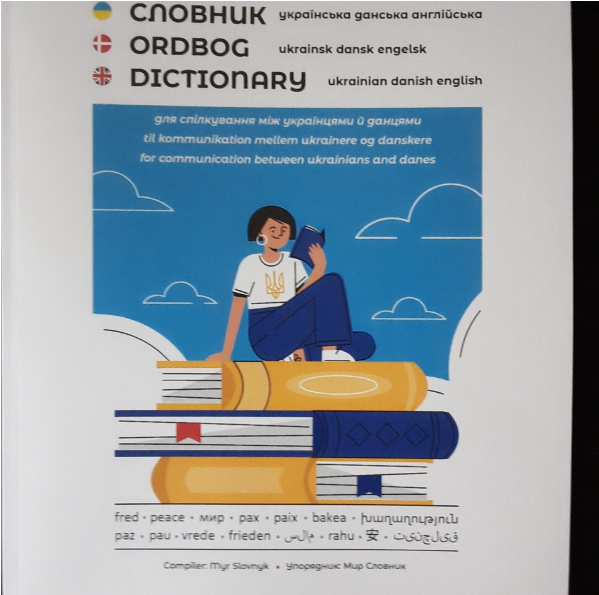The Power of the Written Word in the Mother Tongue
Today it is Romani language day. Anastasiia Tambovtseva-Koval writes about her experience as an educator teaching the Romani language in a written form.
It is well known that while the mind can perceive many languages, the heart is most deeply touched by the native one. Good teachers understand this and take it into account when educating their students. However, an interesting phenomenon arises with so-called “non-written languages.” I would like to share my personal experience with this in relation to the Romani language.
Romani is often considered an unwritten language. Although no single official standard for Romani writing exists, a significant number of written sources in the language can be found. These are typically based on the local alphabet, the … ↪



